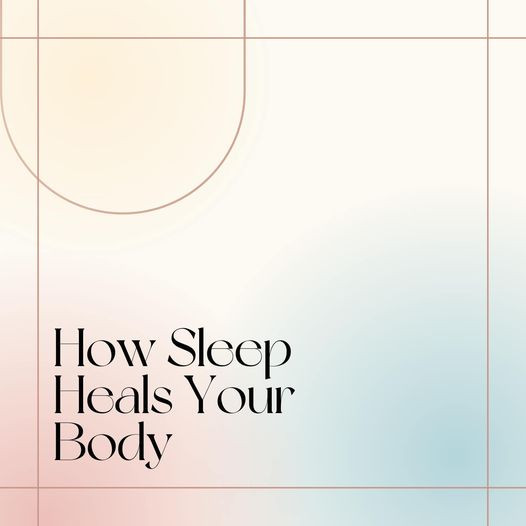
When we sleep we cycle through three stages of non-rapid eye movement (or NREM) sleep and one stage of rapid eye movement (or REM) sleep. Each plays a role in healing and recovery, with REM sleep being incredibly important for recovery and overall health.
This is where we transition from wakefulness to light sleep and brain activity begins slowing down. Breathing and heart rate slow, muscles relax with occasional twitches, and eye movements decrease. This allows us to move to Stage 2
Stage 2 NREM
During this stage, we tend to experience low-frequency brain waves, briefly interrupted by bursts of high-frequency brainwaves. Eye movements stop, body temperature drops, and we fall into a period of light sleep.
Stage 3 NREM
Also called slow-wave sleep, this is a time of deep sleep characterized by even slower brain waves than in stages one and two. This stage of slow brain waves is crucial for you to feel revitalized in the morning. When our brains aren’t firing back and forth at a high speed, they can actually recover!
REM
About 90 minutes after you fall asleep, REM sleep begins. REM sleep is marked by intense brain activity and is characterized by rapid eye movements, faster breathing, and heart rate and blood pressure similar to waking levels. Most dreaming occurs during this stage, but voluntary muscles like your arms and legs are relaxed.
REM sleep is believed to play a role in memory consolidation, learning, and mood regulation. The first time you cycle through the four sleep stages, REM sleep lasts about 10 minutes. However, it gets progressively longer as you repeat the sleep cycle during the night, so the final REM sleep may last an hour.
This is one reason why getting enough sleep is so important! REM sleep is critical for a healthy brain, and we want to give our bodies the opportunity to stay in REM sleep as long as possible.
What to Do:
1. Diffuse Peace & Calming and Cedarwood every night in your home.
2. Take at least one full minute to slow down and breathe it in.
3. Put your phone in another room before going to bed at night.










0 Comments